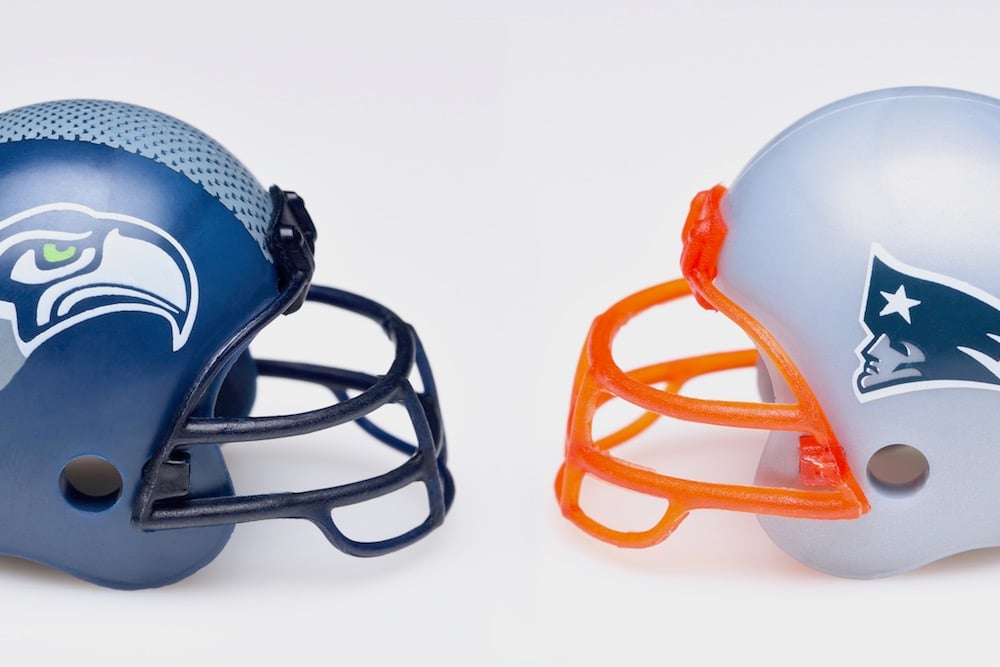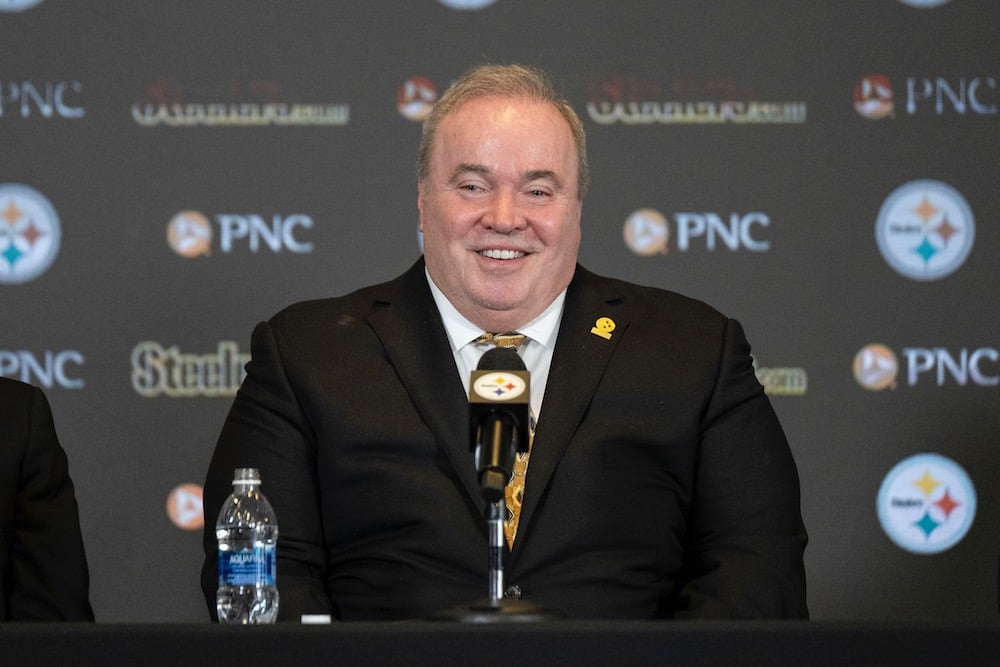Steelers Must Embrace What Aaron Rodgers Can Still Bring to the Field
It’s time to get past the distrust of previous Big Ben succors and make the offense Rodgers’ offense. It’s time to commit once and for all.
It took Aaron Rodgers an agonizingly long time to decide to play in Pittsburgh, but upon finally arriving at the UPMC Rooney Sports Complex on the South Side last week Rodgers did his best to portray his decision to join the Steelers as absolutely, positively the right one.
So hard was the sell that a cynic might have been forgiven for wondering if Rodgers was trying to convince the small army of media in attendance, a fan base that’s clearly skeptical at best or himself.
He talked at length about his respect and admiration for Coach Mike Tomlin. He talked about Western Pennsylvania’s quarterbacks legacy. He talked about blue collars and a region famous for “building the structure of the country.” He characterized continuing to play at 41 years of age as what was “best for my soul.” And he reminisced about his former head coach in Green Bay — Greenfield native Mike McCarthy — and about the long list of players and coaches with Western Pennsylvania and/or Steelers ties he’s interacted with over the years, “a lot of yinzers in my life.”
Rodgers said his goal was to be a “servant leader.”
He also referenced “Renegade.” “They even have their own song that they play,” he said.
Had Rodgers finished by devouring a Primanti’s Cap & Cheese while washing it down with a cold Iron City, the sales pitch would have been complete.
And so it went last Tuesday, the opening of Mandatory Veteran Minicamp.
The NFL Network was there. So was The Sporting News and the Washington Post, ESPN, USA Today and Yahoo, too.
But a question is still hanging over the Steelers’ offense. It’s the question of audibles — the quarterback’s ability to change a play at the line of scrimmage and opt for Plan B based on what he’s seeing from the defense.
Rodgers, assuming he still has enough game to be an impact player would seemingly be the perfect quarterback to trust with such a responsibility given his 20 seasons of NFL in-helmet experience.
But when asked how much freedom he anticipated being granted, Rodgers questioned the question.
“I don’t understand that last term, ‘take over when I see fit,'” Rodgers insisted. “I’ve called some 2-minute [drills] over the years. But the idea that somehow I need to, or have spent most of my career playing outside of an offensive system, is just not correct.
“I’m going to learn the offense, and [offensive coordinator] Arthur [Smith] and I are going to talk a bunch this summer. If there’s things that I like that I’d like to see in the offense, Arthur, I’m sure, is going to put it in. He knows how to call a game. I know how to get us in the right spot based on what’s called. There’s two or three plays called in the huddle sometimes. My job is to get us in the right play.”
Smith, who took over as the offensive coordinator last season, has been questioned about audibles and leeway and quarterback freedom to read and react periodically since his arrival.
He has yet to answer in a manner that’s concise and definitive, presumably by design.
But he did acknowledge the quarterback-audibles conundrum has been “a hot-button issue here.”
It was that way before Smith replaced Matt Canada.
And it remains that way, and not just with fans and media (and perhaps even a few frustrated ex-Steelers QBs).
Steelers President Art Rooney II had been asked in January, given the Steelers’ need to go quarterback shopping again, if what the team desired first and foremost in a quarterback had changed.
“No, it hasn’t changed,” Rooney maintained. “I think the quarterback has to be able to read the defense and get the team in a play that’s good against the defense he’s looking at.
“No matter if he’s mobile or not, that’s what you’ve got to start with.”
In Rodgers, the Steelers have the best possible option regarding that aspect of what they’ll need from their QB.
In that capacity he should be as good as he’s ever been, maybe better.
But they need to let him be that and he’ll need to embrace that aspect of his declining-but-still-formidable game, whether anyone wants to publicly acknowledge it or not.
If it works out any other way there was no reason to bring him here in the first place.
Mike Prisuta is the sports anchor/reporter for Randy Baumann and the DVE Morning Show. He’s also the host of the Steelers Radio Network Pregame Show and the color analyst for Robert Morris University men’s hockey broadcasts.















